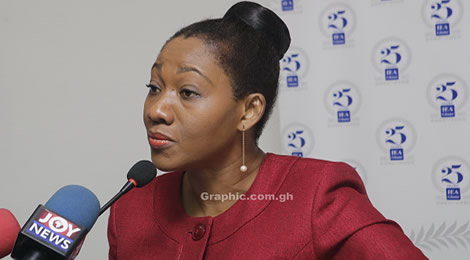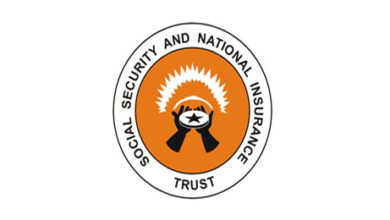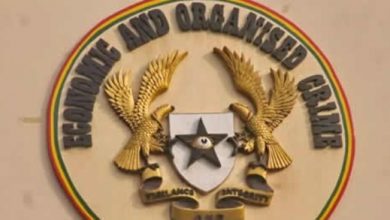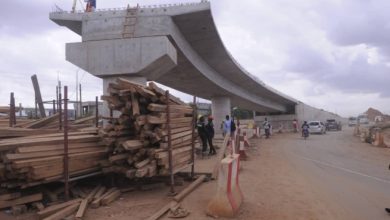2020 Polls will be water-tight — EC Chair

Ghana’s election management body, the Electoral Commission (EC), has given an assurance that it will deliver water-tight elections, come 2020.In line with that, it has given the strongest indication that it is rebuilding a strong robust foundation from within to deliver a free, fair, transparent and accountable system for the 2020 elections.
The Chairperson of the EC, Mrs Jean Mensa, gave the assurance in an exclusive interview with the Daily Graphic in Accra yesterday.
The EC boss was speaking on a broad range of electoral issues, including the outlook for Election 2020, the Representation of the People Amendment Law (ROPAL), challenges with the voters’ register, the use of technology to improve the electoral process and the safeguards in place to ensure the integrity of the whole electoral administration.
Courtesy call
The EC boss had earlier led three other commission members to pay a courtesy call on the management of the Graphic Communications Group Ltd (GCGL) in Accra. They were her two deputies: Dr Eric Bossman Asare and Mr Samuel Tettey, and a member of the commission, Ms Adwoa Asuama Abrefa.
The visit was aimed at allowing the EC to seek the support and partnership of the GCGL management as it discharged its mandate imposed on it as a commission.
According to Mrs Mensa, the EC was working with external partners to come up with workable policies that would help streamline and sanitise its operations to deliver efficiently on its constitutional mandate.
“We are trying to build transparent systems, systems that are clear, with a framework to guide us to promote efficiency, high principles and moral authority in the management of the electoral process,” she stated.
Reforming and rebuilding
In Mrs Mensa’s view, “reforming and rebuilding electoral institutions within the EC have become issues of concern”.
She said since assuming the position as the Head of the EC, no effort had been spared in bringing on board all the required expertise and resources, which culminated in a “fairly successful referendum” in 2018.
She also touched on the Ayawaso West Wuogon by-election and its associated violence which, she said, was not occasioned by the EC.
Important lessons, she said, had been learnt from that by-election, especially for the media and the security agencies.
ROPAL issues
On ROPAL, she said the law, which was adopted in 2011, had some limitations which had culminated in the EC undertaking stakeholder engagements across the country with a view to re-tuning it.
She said a committee that had been set up to gather further and better data to help in the implementation of that law was yet to travel to two countries where the law was being implemented to learn, at first-hand, their experiences in the implementation of the law, following which a report would be presented to Parliament for further action.
PAC issues
One other activity that the EC had been engaged in, she said, was to streamline the Inter-Party Advisory Committee (IPAC) in order to bring about some sanity.
In view of that, she said, monthly meetings were being held to decide on the agenda and other issues worthy of consideration at that level.
However, she said, it was unfortunate that all had not gone well with the IPAC, saying there had been occasional ‘skirmishes’ but she was confident that with time the committee would overcome the teething challenges.
“We will all find our levels and things will get better,” Mrs Mensa said, but quickly added that “in so doing, the major task will be how all could work in unison to get the IPAC to be more effective and build the necessary collaboration between it and the EC”.
She said by calling on the political parties to comply with law by presenting their returns and audited accounts, the EC did not intend to be punitive but only wanted to ensure that the required laws were adhered to by all.
Mrs Mensa said in doing what the EC had set out to do, “we are working to build an institution that is poised to deliver free, fair and transparent elections”.
Source: Graphic.com





